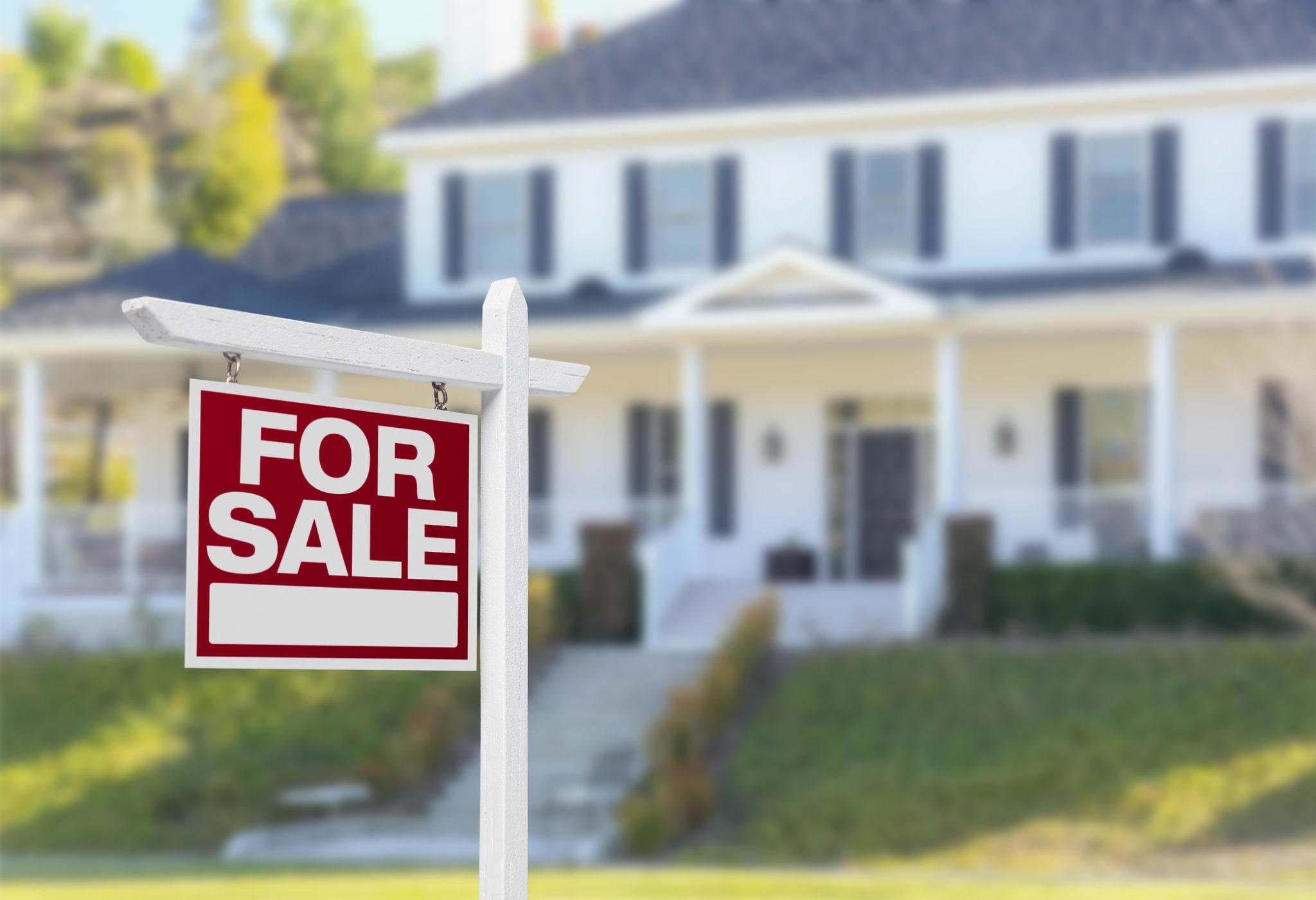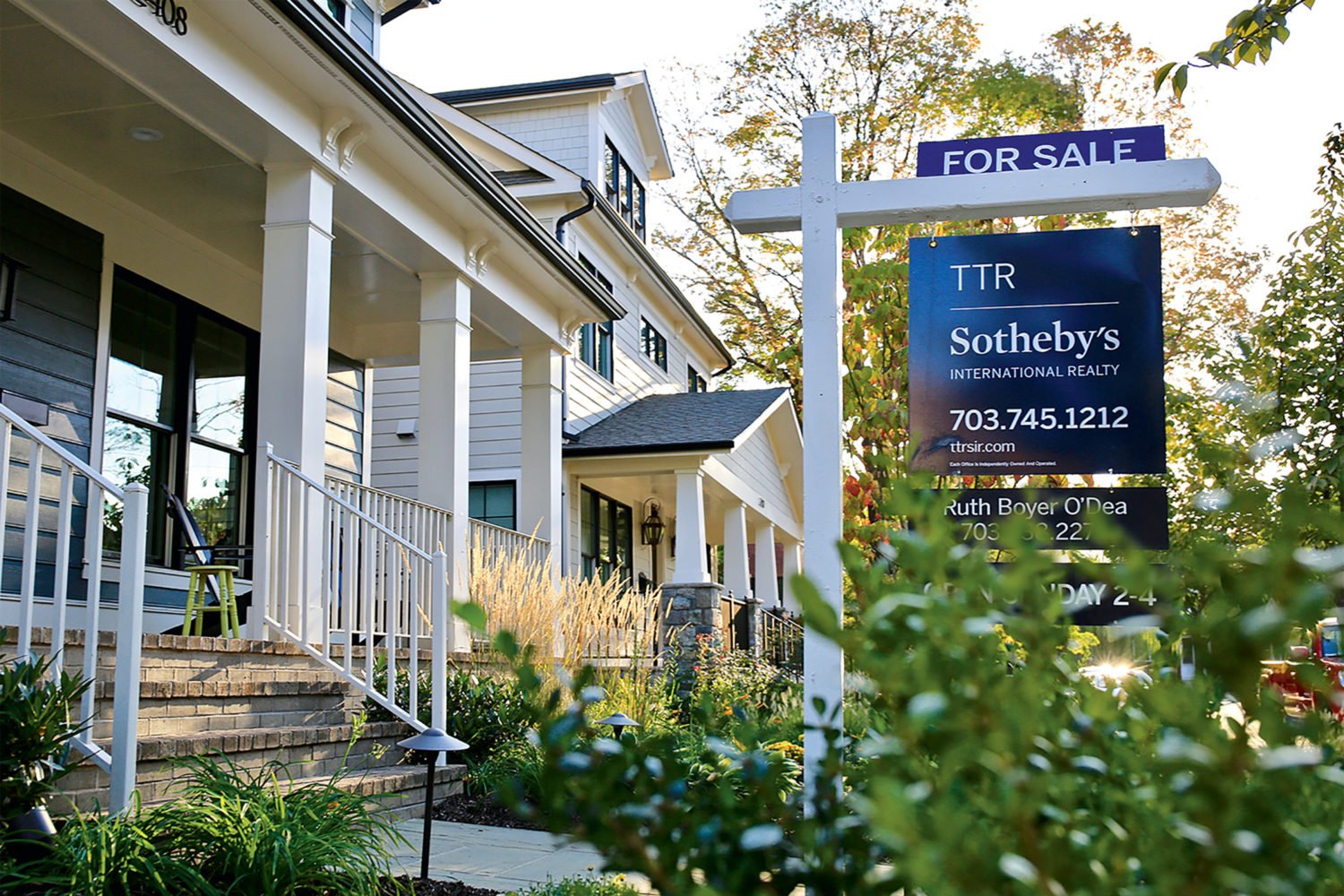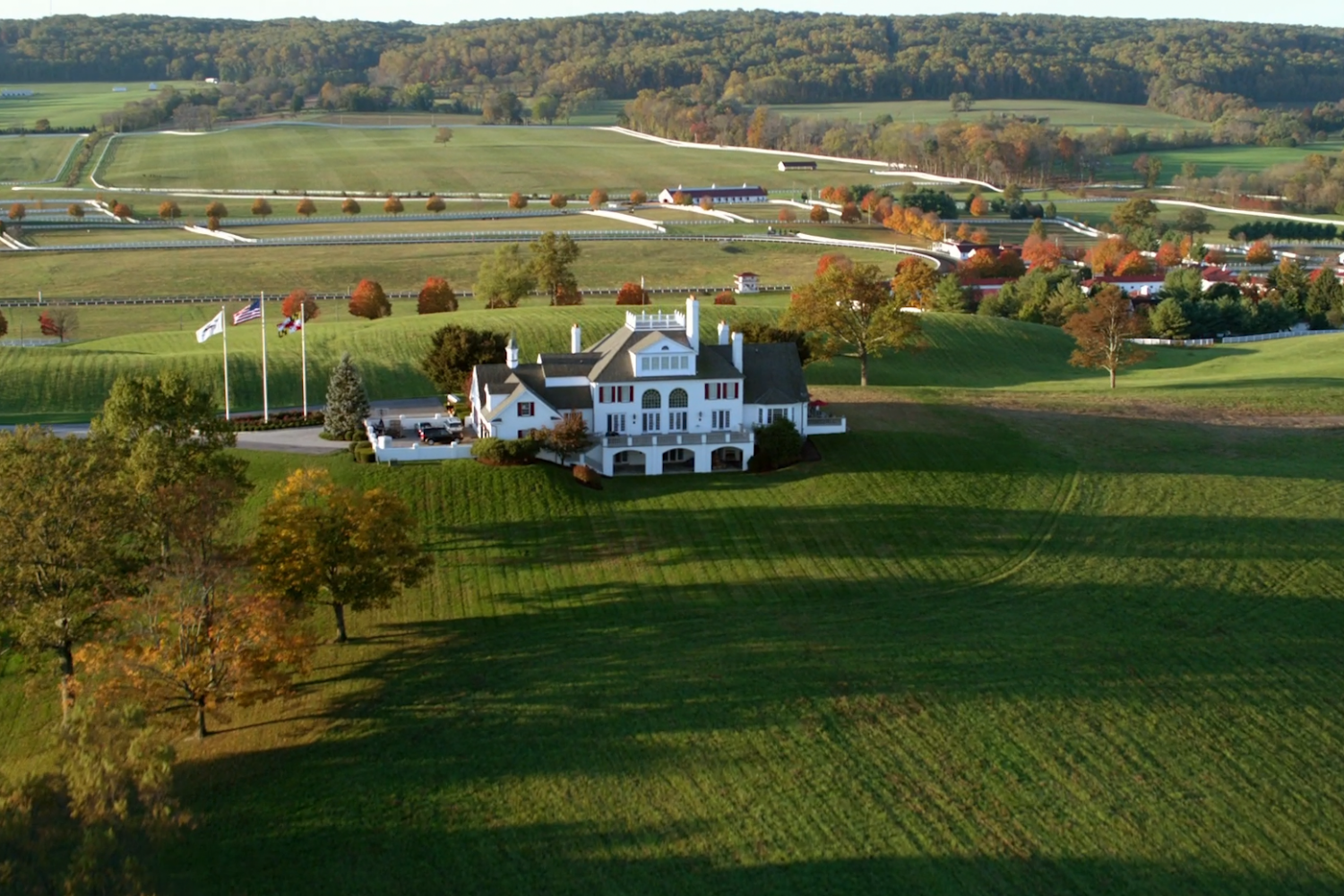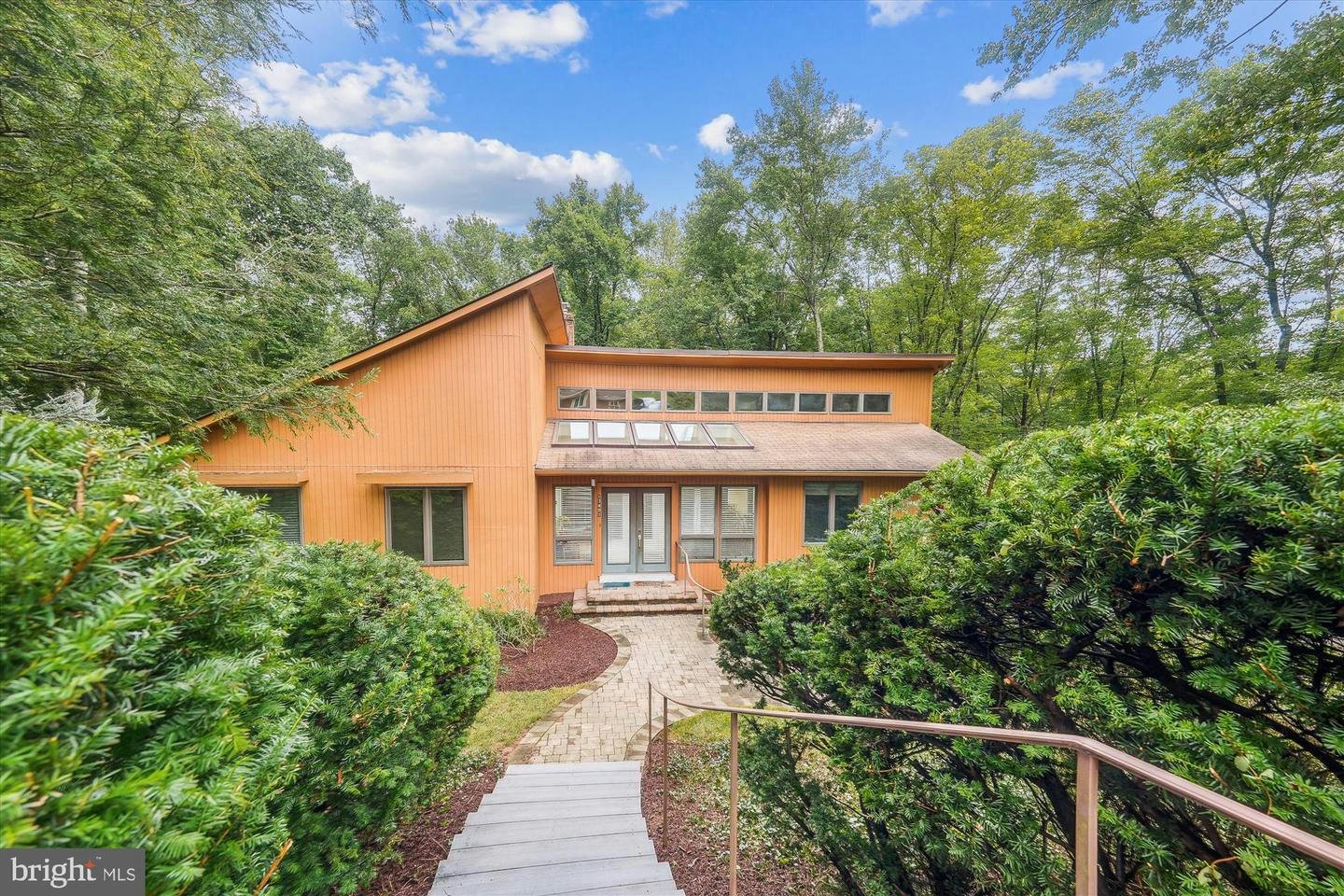Though it’s being branded by the media as a “mansion tax,” a proposed hike on some DC homes could snag some properties that aren’t exactly palatial. The change would result in higher taxes for anyone whose home is valued at more than $2.5 million. “In the DC metro area, I don’t think two and a half million dollars is a mansion,” says Compass executive vice president Erich Cabe. Still, the tax would only affect an estimated 2,800 single-family homes and condominiums, or approximately 2 percent of the city’s residences. The vast majority of local homeowners won’t even notice—and most of those who would be affected won’t end up paying that much more.
The tax hike was introduced in Council chairman Phil Mendelson’s proposed 2025 fiscal year budget. “I’ve tried to find a way to minimize the way that we are increasing taxes,” Mendelson said in a press release, adding that the incremental tax would fund housing, public safety, and social justice efforts.
Mansion taxes are progressive policies that impose higher taxes on high-value properties. The DC proposal would tax homes at a rate of $1 for every $100 above the $2.5 million threshold. A home priced at $5 million, for instance, would be taxed at the normal rate of $0.85 per $100 for half of its assessed value, and at the mansion-tax rate of $1 per $100 for the other half. The more valuable your home is above $2.5 million, the larger the share of the total value you’ll be taxed on. Mansion taxes are typically applied to transfer and recordation taxes, which come into play when you buy or sell a house. But Mendelson’s proposal is an increase on regular property taxes, so the hike would apply every time you pay your bill.
Cabe says that if the mansion tax goes into effect, he doesn’t see it having a major impact on the market, since it affects a small proportion of homeowners and would mean a relatively small increase even for them: “It’s not a big enough amount to make people balk.” Still, tax attorney David De Jong warned that it could “have a chilling effect, especially on the most expensive properties. Knowing that there is a disproportionate property tax could affect salability. That affects value and brings the value down because it becomes harder to sell.”



















